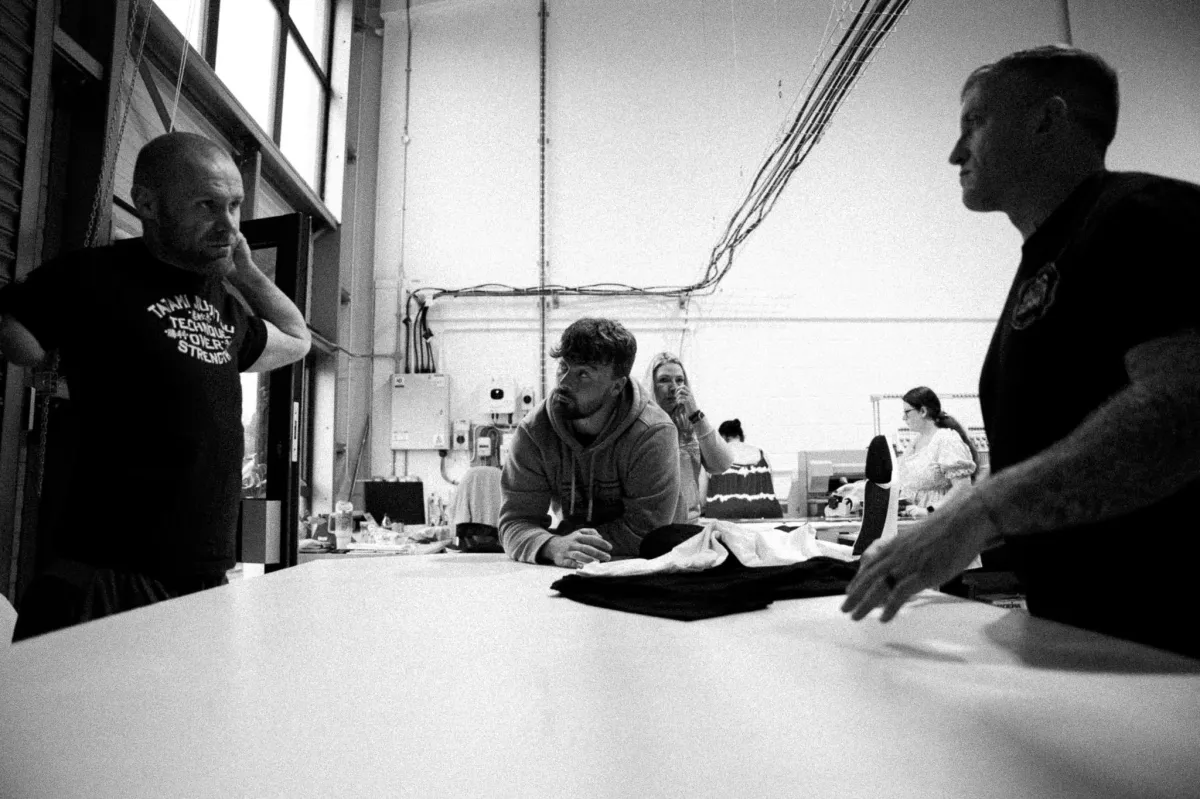
Learn to Lead Yourself
Learn to Lead Yourself
When people talk about leadership, they often look outward. They picture managing teams, driving results, setting strategy. But leadership begins closer to home. It starts with the one person you can control: yourself.
If you cannot lead yourself, you will struggle to lead anyone else. That is why self-management sits at the centre of true leadership. It is the ability to direct your own actions, your own emotions, and your own decisions in a way that serves the mission. It is the discipline of ownership applied to your daily life. Without it, competence is fragile. With it, you build the resilience and trust needed to endure.
At Kaizen Summit, our foundation rests on four values: leadership at every level, leadership in every capacity, leadership is the solution, and leadership is a skill. Self-management is the thread that runs through them all. Leadership in every capacity means that you are not only a leader at work, but also at home, in your community, and in your personal life. Leading yourself is the first test.
Self-management is not theory. It is practice. It is grounded in the principles of Extreme Ownership from our partners at Echelon Front: Cover and Move, Simple, Prioritise and Execute, and Extreme Ownership itself. These are not abstract ideas. They are daily disciplines that shape how you lead yourself before you ever lead a team.
Simplicity matters first. When your routines are complex, you create friction. You lose time. You miss deadlines. You get pulled into unnecessary stress. Strip things back. Simplify your day. Build clear, repeatable processes. Use your time with discipline. The simpler your world, the more effective your execution.
Then comes prioritise and execute. Emotions cloud judgement. When frustration or ego takes charge, decisions suffer. Detachment is the key. Step back from the moment. Look at the situation with clarity. Decide what matters most right now. Execute on that. Then move to the next. Self-management means refusing to let emotion run the show.
Extreme Ownership is the anchor. It is about taking personal responsibility for your own problems instead of waiting for someone else to solve them. That choice gives you control. When you own the issue, you unlock the power to fix it. Ownership is not about blame. It is about action and accountability.
Cover and Move connects self-management to relationships. When you manage yourself well, you are better positioned to support others. You have the capacity to step in, to share the load, to build trust. People notice. They see the example you set. Every time you control your emotions, communicate clearly, and take responsibility, you are making deposits into the trust account with those around you. Over time, that trust compounds.
In professional settings the impact is obvious. A self-managed person meets deadlines and delivers results without needing to be chased. They are reliable. They are seen as capable of more responsibility. They create bandwidth for leaders by owning their work instead of pushing problems upward. Their example strengthens the team.
In personal life the benefits are just as clear. Self-management improves relationships. It helps you stay calm under pressure, respond with clarity instead of impulse, and take ownership of mistakes. This builds respect. It shows your family, friends, and colleagues that you can be trusted. And trust is the bedrock of influence.
Self-management means you can adapt under pressure without losing focus. It means you can align your actions with the priorities that matter. It means you can maintain perspective when chaos surrounds you. And it means you can lead others not by title or authority, but by example.
Self-management is not glamorous. It is not flashy. But it is the most practical leadership skill you will ever build. It is what allows you to take control of your life. It is what ensures your growth. It is what keeps you steady when everything else shakes.
Leadership begins in the mirror. Own your actions. Control your emotions. Simplify your world. Prioritise and execute. This is self-management in practice. It is not about being perfect. It is about being disciplined, humble, and accountable. Build it, and you will not just succeed. You will endure.
